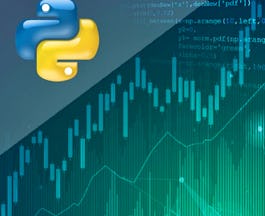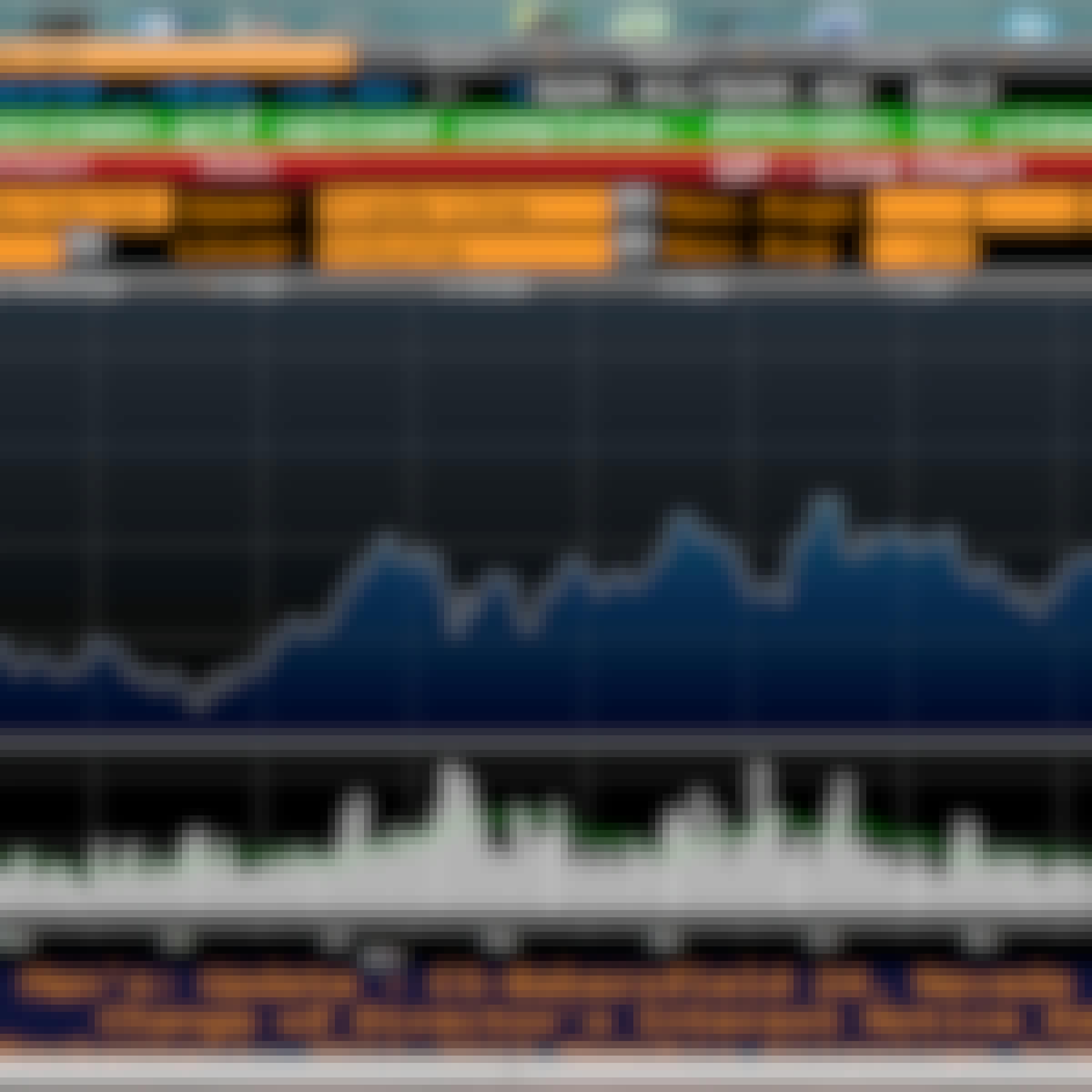Filter by
The language used throughout the course, in both instruction and assessments.
774 results for "investment"

Coursera Project Network
Skills you'll gain: Accounting

University of Michigan
Skills you'll gain: Accounting, Business Analysis, Critical Thinking, Finance, Financial Accounting, Financial Analysis, Financial Management, Leadership and Management, Market Analysis, Strategy and Operations

Interactive Brokers
Skills you'll gain: Accounting, Business Analysis, Data Analysis, Finance, Financial Analysis, Investment Management

University of Illinois at Urbana-Champaign
Skills you'll gain: Banking, Finance, Financial Accounting, Financial Analysis, Business Analysis, Financial Management, Accounting, Investment Management, Market Analysis, Mergers & Acquisitions

Coursera Project Network
 Status: Free
Status: FreeThe Hong Kong University of Science and Technology
Skills you'll gain: Basic Descriptive Statistics, Computer Programming, Data Analysis, Finance, Financial Analysis, Probability & Statistics, Python Programming, Statistical Analysis, General Statistics, Probability Distribution, Statistical Programming, Data Visualization
 Status: Free
Status: FreeJohns Hopkins University
Skills you'll gain: Business Analysis, Data Analysis, Data Visualization, Spreadsheet Software, Data Model, Decision Making, Microsoft Excel, Process Analysis, Statistical Visualization

Coursera Project Network
Skills you'll gain: Financial Analysis

Skills you'll gain: Project Management, Strategy and Operations, Leadership and Management, Communication, Business Communication, Collaboration, Agile Software Development, Software Engineering, Entrepreneurship, Scrum (Software Development), Planning, Supply Chain and Logistics, Change Management, Finance, Organizational Development, Product Management, Risk Management, Budget Management, Influencing, Culture, Emotional Intelligence, People Management, Problem Solving, Procurement

Indian School of Business
Skills you'll gain: Accounting, Finance, Financial Analysis, Securities Trading, Account Management, Financial Accounting, General Accounting, Investment Management, Accounts Payable and Receivable, Cash Management

Skills you'll gain: Finance, Planning, Risk Management, Financial Management, Cash Management, Accounting, Taxes

Coursera Project Network
In summary, here are 10 of our most popular investment courses
- Discounted Cash Flow Modeling: Coursera Project Network
- Stocks and Bonds: University of Michigan
- Fundamentals of Equities: Interactive Brokers
- Investment Banking: Financial Analysis and Valuation: University of Illinois at Urbana-Champaign
- Stock Valuation with Dividend Discount Model: Coursera Project Network
- Python and Statistics for Financial Analysis: The Hong Kong University of Science and Technology
- Business Analytics with Excel: Elementary to Advanced: Johns Hopkins University
- Analyze Apple's Stock and Financials with Bloomberg Terminal: Coursera Project Network
- Google Project Management:: Google
- Trading Basics: Indian School of Business










